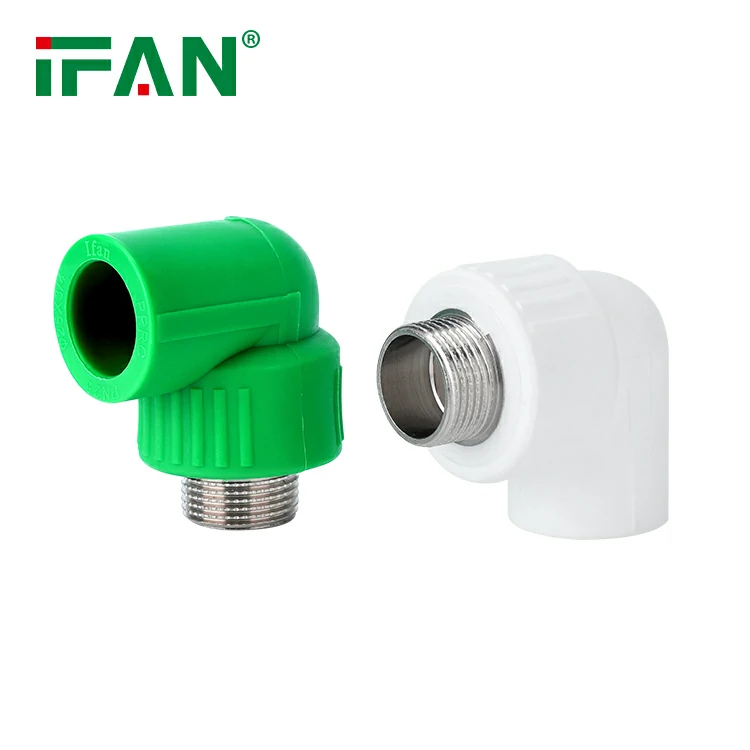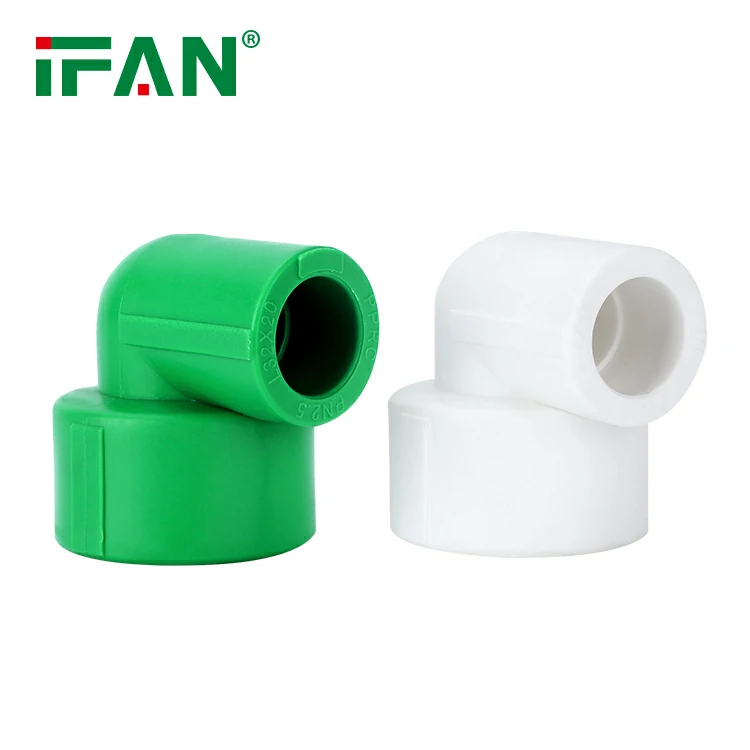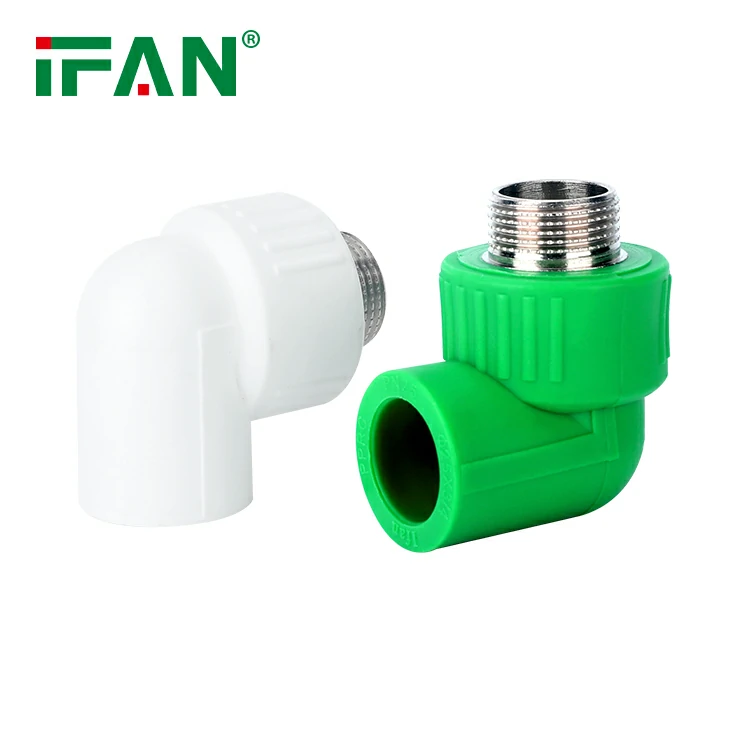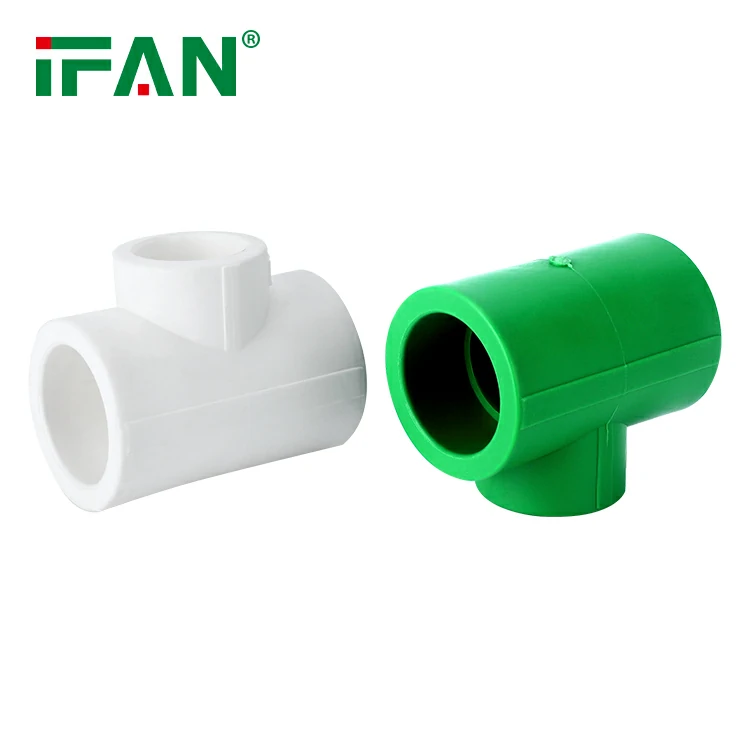Introduction
Peste des Petits Ruminants (PPR), commonly known as “Goat Plague,” is a highly contagious viral disease that poses a significant threat to small ruminant populations, including sheep and goats, in regions like the Sahel. Mauritania, located in the western Sahel, heavily depends on livestock for both subsistence and economic activities. The prevalence of PPR in Mauritania leads to devastating economic losses, affecting farmers, herders, and entire communities. This article examines the vaccination strategies employed in Mauritania for controlling PPR, with a focus on the use of PPR fittings for effective vaccine administration.
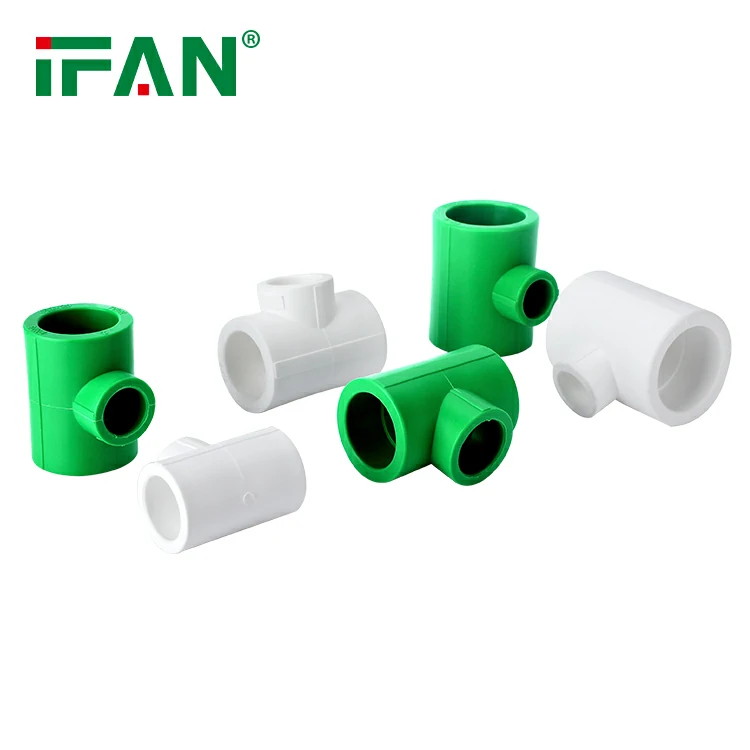
The Importance of Vaccination in PPR Control
Vaccination is one of the most effective methods for controlling PPR, particularly in regions like Mauritania, where livestock farming is a primary livelihood. Vaccines help to protect small ruminants from the disease, preventing outbreaks and ensuring herd immunity. Mauritania’s vulnerability to PPR stems from its vast, often inaccessible, rural areas, where many herders and farmers lack access to veterinary services and vaccines. In such a setting, timely and efficient vaccination is crucial to protecting the country’s livestock.
Challenges in Vaccination Strategy in Mauritania
Mauritania faces several challenges in implementing effective vaccination strategies for PPR. These challenges include:
- Geographical Barriers: The vast and arid landscape of Mauritania makes it difficult to reach remote villages and pastoralist communities. Lack of proper infrastructure, such as roads and transportation, further complicates the vaccination process, preventing many animals from receiving the vaccine.
- Limited Veterinary Infrastructure: There is a shortage of qualified veterinarians and veterinary clinics in rural areas. This makes it difficult to train local farmers and herders on the importance of vaccination and proper livestock care, and limits the reach of vaccination campaigns.
- Inadequate Cold Chain Storage: Vaccines require specific storage conditions to maintain their efficacy. In Mauritania’s harsh climate, maintaining the cold chain—keeping vaccines at the right temperature during transport and storage—can be a significant challenge. This issue is particularly critical in remote areas where electricity and refrigeration facilities are often unavailable.
- Economic Constraints: Vaccination programs require significant financial investment. Given Mauritania’s limited resources, the government often relies on international aid and partnerships with organizations like the FAO (Food and Agriculture Organization) and OIE (World Organisation for Animal Health) to fund and support vaccination efforts.
PPR Fittings and Their Role in Vaccination
PPR fittings play a critical role in the success of vaccination campaigns. PPR fittings are specialized tools and equipment used to administer vaccines to livestock, ensuring that the vaccine is properly injected and reaches its target. These fittings include syringes, needles, and vaccine vials that are designed to withstand the harsh environmental conditions of the Sahel.
The importance of using the right PPR fittings cannot be overstated. The correct syringe and needle size, for example, ensure the vaccine is administered at the right dosage, reducing the risk of wastage or incorrect administration. Moreover, the PPR vaccine must be stored and transported in appropriate containers to prevent damage to the vaccine’s potency. Vaccination in the Sahel requires durable, temperature-resistant fittings that can endure extreme temperatures, dust, and long travel times.
In Mauritania, the use of appropriate PPR fittings ensures that vaccines are efficiently delivered to livestock populations across the country. Proper vaccination equipment helps to ensure that the vaccine is effective in preventing PPR, reducing mortality rates, and minimizing economic losses.
Current Vaccination Strategy in Mauritania
Mauritania has developed several strategies to combat PPR through vaccination. These strategies focus on increasing vaccine coverage, improving vaccination logistics, and enhancing veterinary services. Key components of the vaccination strategy include:
- Nationwide Vaccination Campaigns: The government, in collaboration with international organizations, regularly conducts nationwide vaccination campaigns aimed at vaccinating as many animals as possible. These campaigns target areas with the highest risk of PPR outbreaks, particularly remote and pastoralist communities.
- Mobile Vaccination Units: To address the logistical challenges posed by Mauritania’s vast and rural terrain, mobile vaccination units are deployed. These units are equipped with vaccines and necessary PPR fittings, allowing teams to reach remote areas and vaccinate livestock in a timely manner. The use of these mobile units is crucial in ensuring that PPR vaccines are administered on a large scale.
- Community-Based Vaccination Programs: Community-based approaches are essential in ensuring the sustainability of vaccination efforts. Local herders and farmers are trained to recognize PPR symptoms and to vaccinate their animals when necessary. This empowers communities to take charge of their own livestock health, increasing the likelihood of continued vaccination even after external programs have ended.
- Cross-Border Collaboration: Since PPR is a transboundary disease, Mauritania’s vaccination efforts include cooperation with neighboring countries such as Mali and Senegal. Coordinated cross-border vaccination campaigns help prevent the spread of PPR from one country to another and ensure that vaccination efforts are effective regionally.
- Public Awareness and Education: In addition to vaccination, educating farmers and herders about the importance of PPR vaccination is a vital component of the strategy. Public awareness campaigns through local media, such as radio programs and posters, help to reinforce the need for vaccination and provide information about the disease.
The Future of PPR Control in Mauritania
PPR control in Mauritania is an ongoing effort that requires continuous collaboration between the government, international organizations, and local communities. While significant progress has been made in improving vaccine coverage and logistics, challenges remain in ensuring that vaccination campaigns reach the most remote areas and that the cold chain is maintained. The future of PPR control will depend on further improvements in infrastructure, veterinary services, and community engagement.
Conclusion
The control of PPR in Mauritania requires a multifaceted approach, combining vaccination efforts with logistical support, community involvement, and cross-border cooperation. PPR fittings, such as specialized syringes and storage containers, play an essential role in the successful administration of vaccines. By strengthening vaccination strategies and addressing the challenges of vaccine distribution, Mauritania can make significant progress in controlling PPR and protecting its valuable livestock populations.
FAQs
- What is PPR and why is it a threat to Mauritania?
Peste des Petits Ruminants (PPR) is a viral disease that affects small ruminants such as goats and sheep. It poses a serious threat to Mauritania due to the country’s dependence on livestock farming for food and income. - How does the PPR vaccine work?
The PPR vaccine helps to build immunity in small ruminants, preventing infection and reducing transmission of the virus within herds. - What are PPR fittings, and why are they important?
PPR fittings are tools and equipment used to administer vaccines to livestock. They include syringes, needles, and containers that help ensure proper and efficient vaccination. - How does Mauritania ensure widespread vaccination coverage?
Mauritania uses mobile vaccination units, community-based vaccination programs, and cross-border collaboration to ensure that as many animals as possible are vaccinated. - What are the main challenges in vaccinating livestock against PPR in Mauritania?
Key challenges include logistical barriers, limited veterinary infrastructure, the harsh climate, and the need for better cold chain management to store and transport vaccines.

